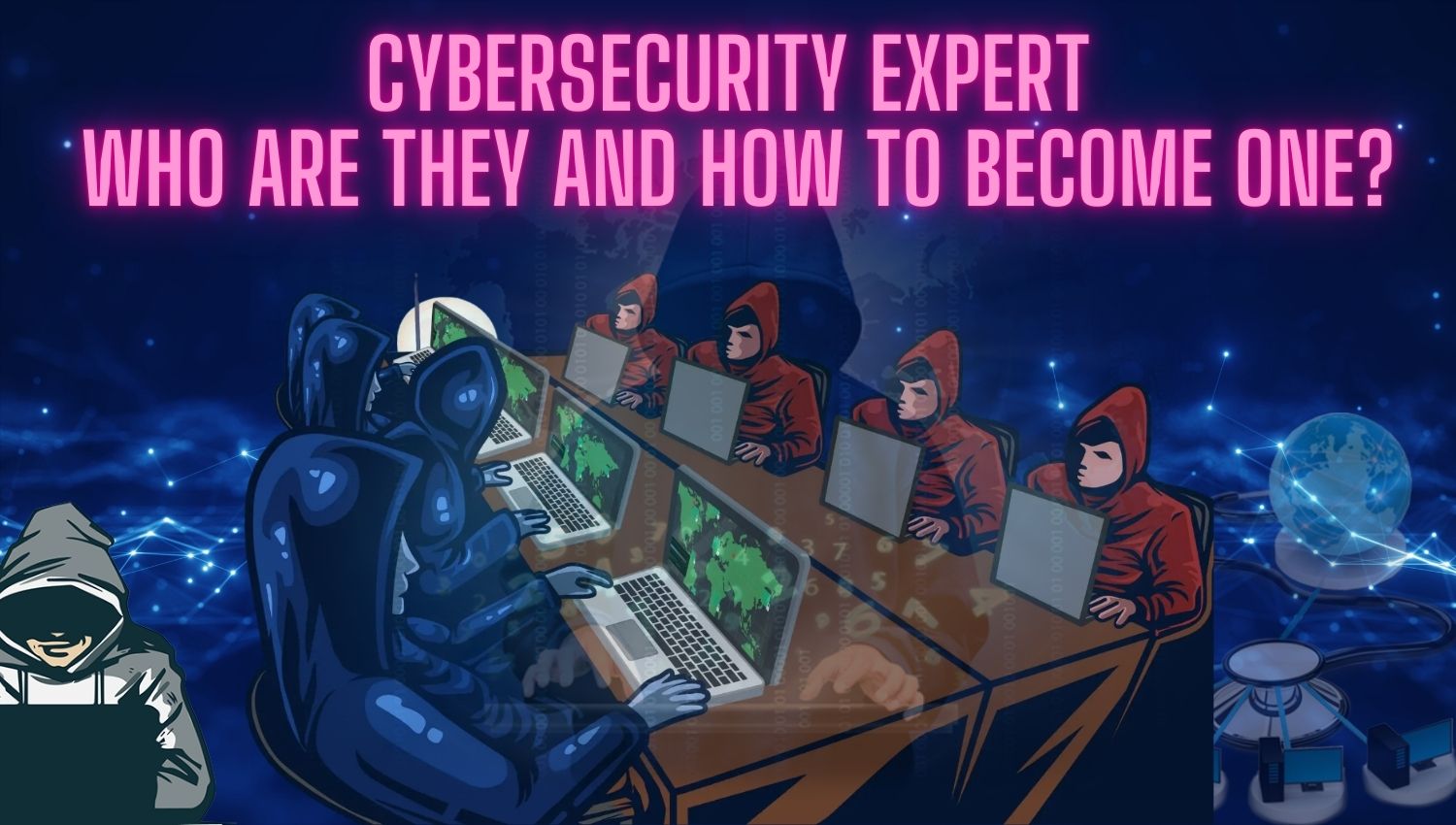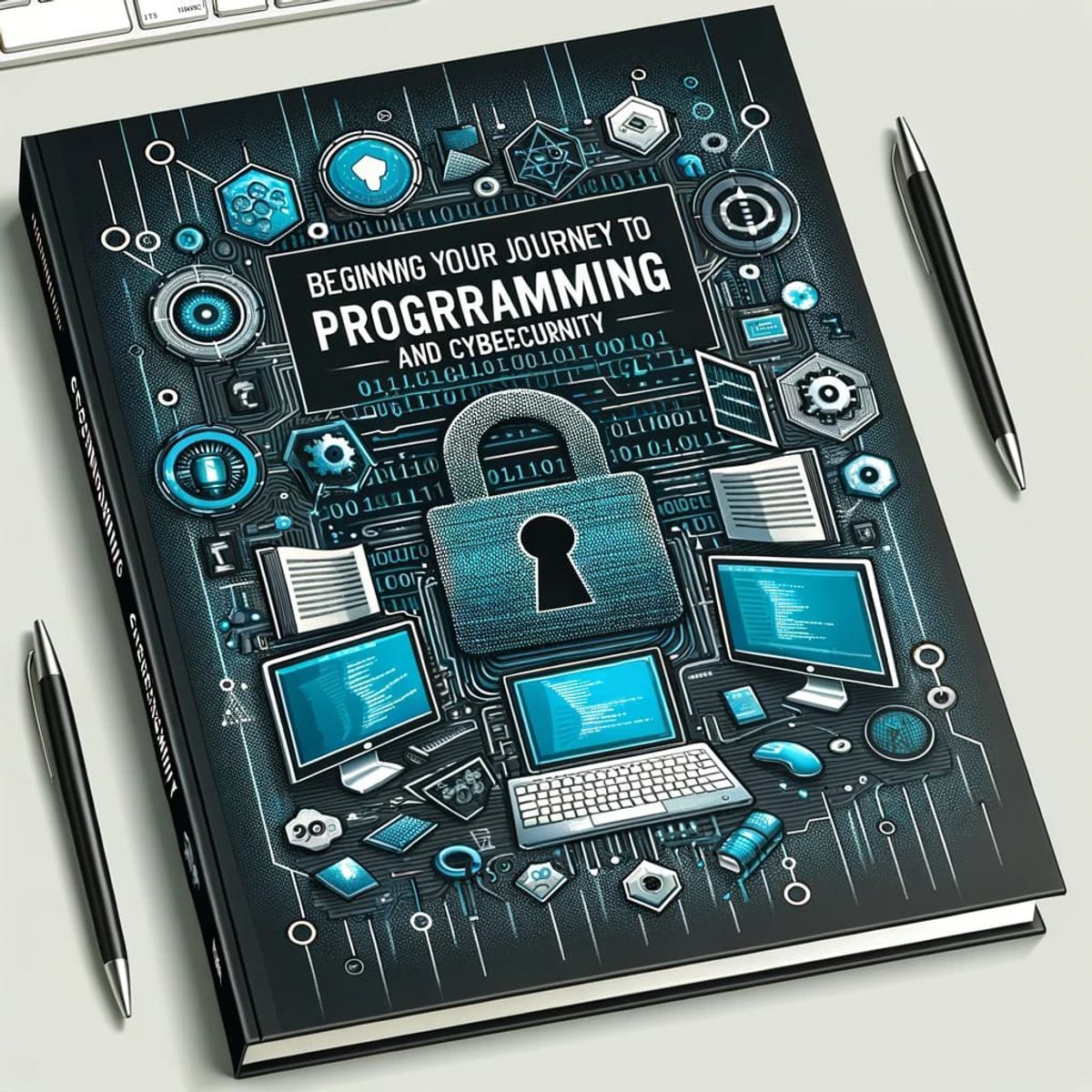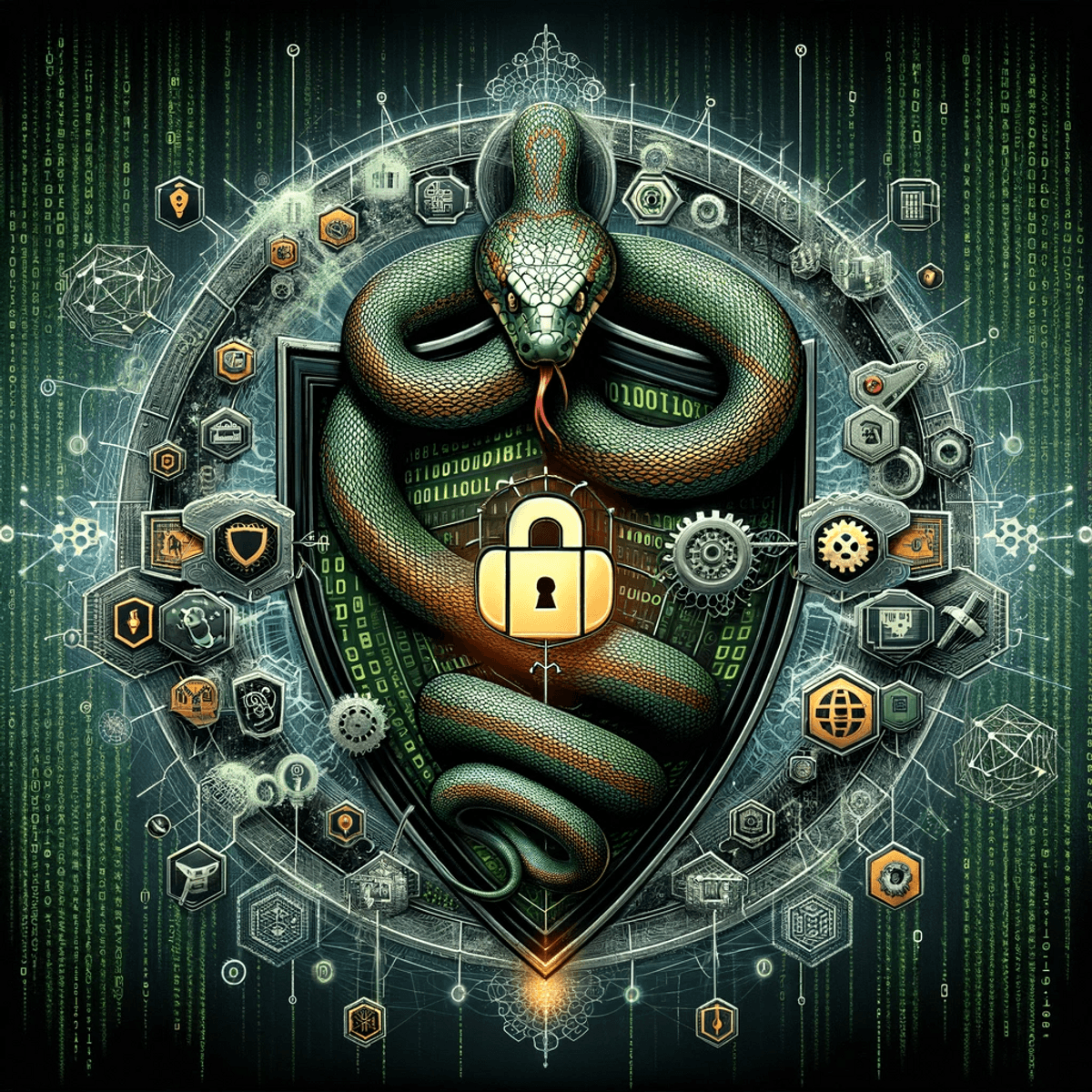Introduction
In today’s digital world, the rise of cyber attacks and data breaches has made cybersecurity an essential part of every organization. Cybersecurity experts play a critical role in protecting digital assets and ensuring the safety of both individuals and companies. In this article, we will explore who cybersecurity experts are, their skills, different specialization areas within cybersecurity, and the certifications required to build a successful career in this field.
Learning Objectives
By the end of this article, you will understand:
- The role and responsibilities of a cybersecurity expert
- Key skills a cybersecurity expert should possess
- Different branches of cybersecurity specialization
- The certifications required to become a cybersecurity expert
Who Are Cybersecurity Experts?
Cybersecurity experts are professionals dedicated to protecting computer systems, networks, devices, and sensitive data from malicious attacks. They identify potential vulnerabilities in systems, develop preventive measures, and ensure the continuous monitoring of security protocols. Additionally, they handle incident response and investigate security breaches to minimize damage and prevent future attacks, Becoming a Hacker in 2024: A Roadmap.
Beginning Your Journey in Programming and Cybersecurity
This book is more than just a technical manual; it’s a journey into the heart of the digital age. Designed for beginners and intermediate enthusiasts
-10% $5 on buymeacoffeeWhat Are Their Skills?
To succeed as a cybersecurity expert, individuals must possess the following skills:
- Technical Knowledge: A strong grasp of network security, cryptography, intrusion detection systems (IDS/IPS), and security protocols is crucial.
- Analytical Thinking: The ability to analyze complex security problems and develop effective solutions is essential.
- Problem-Solving Skills: Quickly and efficiently addressing security breaches or vulnerabilities is a key aspect of the job, Why is Kali Linux Popular.
- Continuous Learning and Adaptation: Since cybersecurity threats evolve rapidly, experts need to stay updated with the latest trends, technologies, and threat landscapes.
- Communication Skills: Being able to explain technical security issues clearly to non-technical stakeholders, such as company executives, is a valuable skill.
What Are the Branches of Cybersecurity Expertise?
Cybersecurity is a vast field with several sub-specialties. Here are some of the main branches:
- Network Security Expert: Focuses on securing networks against cyber attacks and ensuring the integrity of data within network infrastructures.
- Penetration Tester (Ethical Hacker): Conducts simulated attacks to identify and fix vulnerabilities in systems and networks.
- Cyber Threat Intelligence Analyst: Collects and analyzes data to predict and mitigate future cyber threats.
- Incident Response Specialist: Responds to cyber incidents, such as data breaches or malware attacks, and minimizes the impact on the organization.
- Data Security Expert: Specializes in ensuring the confidentiality, integrity, and security of sensitive data.
- Application Security Expert: Focuses on identifying and mitigating security vulnerabilities in software applications.
What Certifications Are Needed to Become a Cybersecurity Expert?
Certifications play a vital role in proving your expertise and credibility in the cybersecurity field. Here are some of the most sought-after certifications, Beginner-Level Cybersecurity Certifications: Step in Your Career:
- CISSP (Certified Information Systems Security Professional): One of the most prestigious certifications, covering topics like information security management, risk analysis, and security policies.
- CEH (Certified Ethical Hacker): Demonstrates the ability to ethically hack into systems and networks to uncover vulnerabilities.
- CompTIA Security+: A foundational certification that covers the basics of cybersecurity, such as network security and risk management.
- OSCP (Offensive Security Certified Professional): Focuses on hands-on skills in penetration testing and ethical hacking.
- CISM (Certified Information Security Manager): Ideal for professionals interested in security management, governance, and risk management, Cisco Certifications: Roadmap to Enhancing Your Career.
Mastering Python for Ethical Hacking: A Comprehensive Guide to Building Hacking Tools
Let’s embark on this journey together, where you will learn to use Python not just as a programming language, but as a powerful weapon in the fight against cyber threats
-5% $15 on buymeacoffeeConclusion
Becoming a cybersecurity expert is a rewarding career path that requires a combination of technical expertise, analytical skills, and continuous learning. To thrive in this field, professionals must stay updated on the latest security trends and obtain relevant certifications. As cyber threats continue to evolve, the demand for skilled cybersecurity experts will only grow, making this an exciting and impactful career choice for those who are passionate about protecting digital environments.




This article provides a clear and concise overview of what it takes to become a cybersecurity expert. I appreciate the focus on both technical skills and the importance of continuous learning!t
How long does it typically take to become a cybersecurity expert, including education and certification?
In addition to CompTIA Security+, beginners can also look into certifications like the Certified Information Security Manager (CISM) for a more management-focused role
Becoming a cybersecurity expert can take anywhere from 3 to 5 years, depending on the individual’s background. This includes earning a degree, gaining experience, and obtaining certifications.
Can someone enter the field of cybersecurity without a traditional degree, relying solely on certifications and experience?
Yes, it’s possible to enter the field with just certifications, especially for roles like penetration testing and ethical hacking.
However, practical experience and a strong knowledge base are key